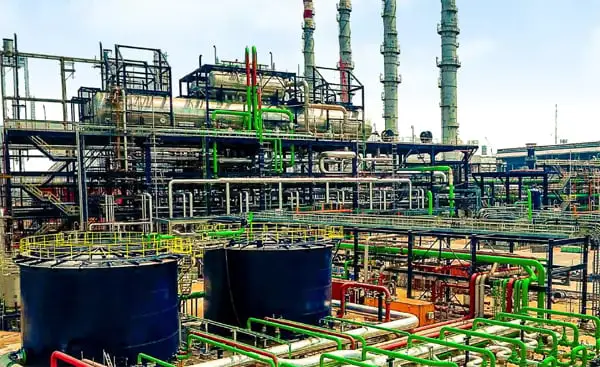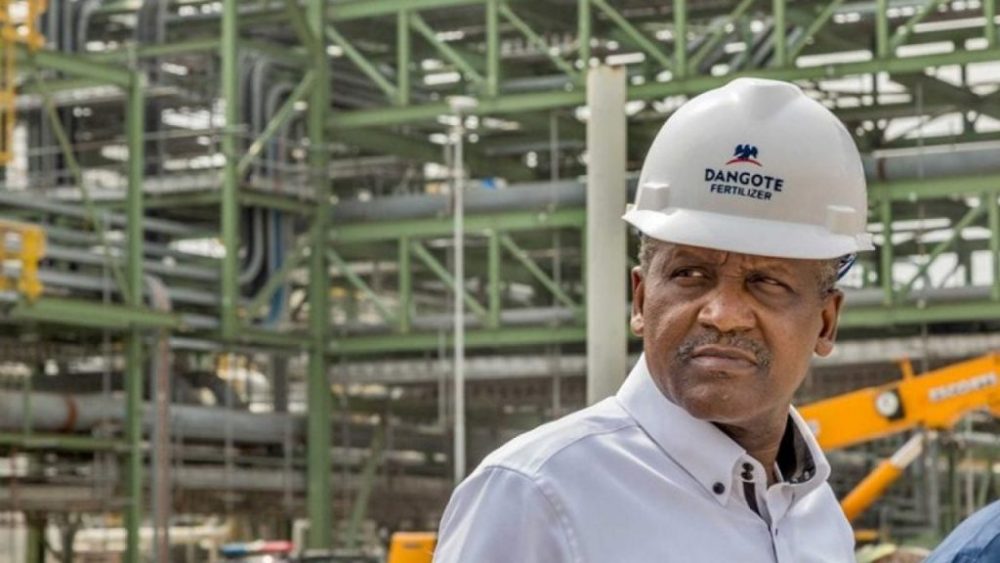Nigeria’s state-owned oil company, NNPC Limited, will distribute gasoline from the newly operational Dangote Refinery to the local market, a presidential committee announced Friday. This agreement ends a deadlock that had stalled distribution from the $20 billion facility.
The 650,000 barrels-per-day refinery, built by Nigerian billionaire Aliko Dangote in Lagos, began processing gasoline last week. However, disagreements over offtake rights and pricing had delayed the distribution of its products.

Zacch Adedeji, head of Nigeria’s tax authority and member of the presidential committee, stated, “I am glad to announce that all agreements have been finalized, and the first batch of Premium Motor Spirit (Gasoline) will begin loading on Sunday.”
Under the new agreement, Dangote will supply gasoline and diesel of equivalent value to the domestic market in exchange for crude oil. Transactions will be settled in the local naira currency, aligning with the Nigerian government’s previous commitment to facilitate crude sales to Dangote in naira.
NNPC will have exclusive rights to lift gasoline and sell locally, both in bulk to fuel traders and at its gas stations. Meanwhile, Dangote’s diesel, which has primarily been exported, will now be sold to local fuel traders in naira.
The agreement comes as a significant development for Nigeria’s oil industry and economy. The Dangote Refinery, Africa’s largest, is expected to help reduce Nigeria’s reliance on imported refined petroleum products and potentially transform the country from a net importer to an exporter of refined products.

However, challenges remain. An executive at the Dangote Refinery revealed on Thursday that only about 5% of local fuel traders are currently purchasing products from the facility, which has limited its sales to just 29 tankers of diesel per day.
The involvement of NNPC Limited in the distribution process is expected to streamline the supply chain and potentially stabilize fuel prices in the local market. This could have far-reaching effects on Nigeria’s economy, which has long struggled with fuel scarcity and price volatility.
Industry analysts are closely watching how this agreement will impact Nigeria’s broader energy sector and its implications for regional fuel markets. The success of the Dangote Refinery and its integration into Nigeria’s fuel supply chain could serve as a model for other African countries seeking to develop their refining capacities.
As the distribution begins, all eyes will be on the smooth implementation of this agreement and its potential to reshape Nigeria’s energy landscape. The coming weeks will be crucial in determining whether this new arrangement can effectively address the country’s longstanding fuel distribution challenges and contribute to economic stability.



